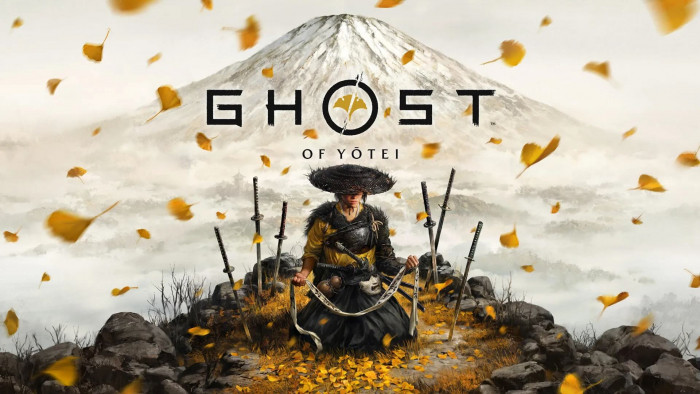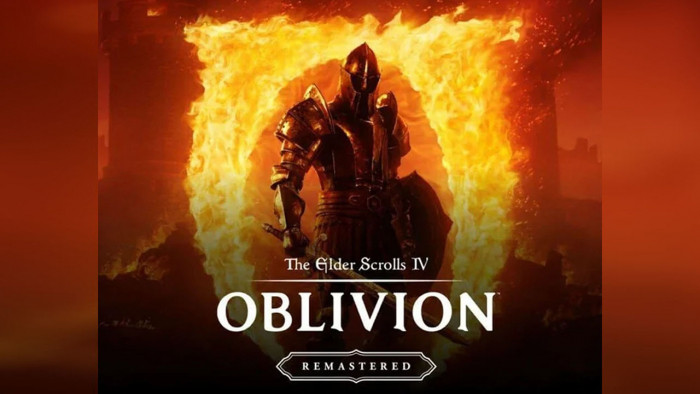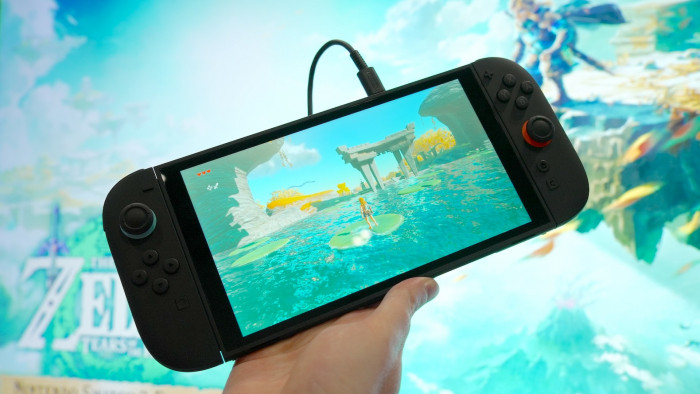How to win at Scrabble every time (without being a genius)
It's not about the words, its about how you use them


To win at Scrabble requires remembering one crucial principle.
Scrabble is about words in the same way that stamp collecting is about delivering mail – in other words, it isn’t. Forget about making pretty words, start looking for ways to get a Q on a triple letter score.
For my book, How To Win Games and Beat People, I spoke to a selection of preposterously overqualified people about how to succeed at games. I had a structural engineer on Jenga, an economist on Monopoly, Andy McNab on pillow fighting (“It’s about shock and awe. Go in fast, go in hard”) and UK Grandmaster Brett Smitheram on Scrabble.
Here are his tips, about how to win conclusively, and with class.

Learn your two letter words
Do you know your zo from your za, your yo from your ya? Then you are already ahead of the casual Scrabble player, who might call ‘fy!’ or utter an ‘ob’ at their bo’s use of esoteric two-letter words.
"Everyone starts by learning the two-letter words," says Smitheram. These enable ‘parallel play’, meaning that you can have a word going horizontally that also adjoins several letters vertically along its length to make a whole series of words.

Don’t try to be too clever
"When you play Scrabble with linguists they get caught up in the loveliness of the words," says Smitheram. As far as he is concerned, this is like enjoying the aesthetic sweep of a Samurai sword when your opponent has an Uzi. "You might be able to play, say, disjaskit and have a five per cent chance of winning, or kid and have a 100 per cent chance. I would always play kid, but I’ve seen it time and time again, people play the nice word and get stuck and don’t analyse the strategy."
For Smitheram, it's not just about the word, or even the score he can get from the word, but what effect playing that word will have on the board, on his opponent’s next available moves and on his next available moves.

Understand the board
"Premium squares are generally four or five places apart. So make sure you are stronger in four or five-letter words, then you can reach from a triple-letter score, say, to a double word."
He uses a computer program to test himself every day.

Understand the tiles
Blanks are not worth anything, but are the most prized tiles in the set. You shouldn’t really play a blank for less than 50 points. Similarly, S is only worth one point, but simply by using it for pluralisation you maximise the chances of a seven letter word. If those tiles are under appreciated, with others the reverse is true. "Q is a classic example," says Smitheram.
"A lot of players will hold on to it waiting for a U – thinking it is worth lots of points. The problem is, when you are finally able to play it the opponent has been scoring 30 or 40 points every go and you’ve been hampered by only having six usable tiles. Usually, unless there’s something on the immediate horizon, it’s best to get rid of it."

Understand when to cut your losses
Sometimes it is worth actually losing a go to change tiles.
"W and U – those two tiles together are appalling. The worst three-tile combination is v, u, w," says Smitheram. Although those three are so bad together that every serious player has learned the strategies to use them. Vrouw (used in Afrikaans instead of “Mrs”, since you ask) can get rid of them all at once.

Know the big three
The Muzjiks, or Russian peasantry, worked in sovkhoz – state-owned farms, also known as kolkhoz. Collectively (and they knew a lot about collectivisation), these are three of the highest scoring seven-letter words learned by serious players around the world. Remember them and rinse them.
See Tom explain it all live on May 25: Penguin Living: How to win games and beat people
Check out the book here.








